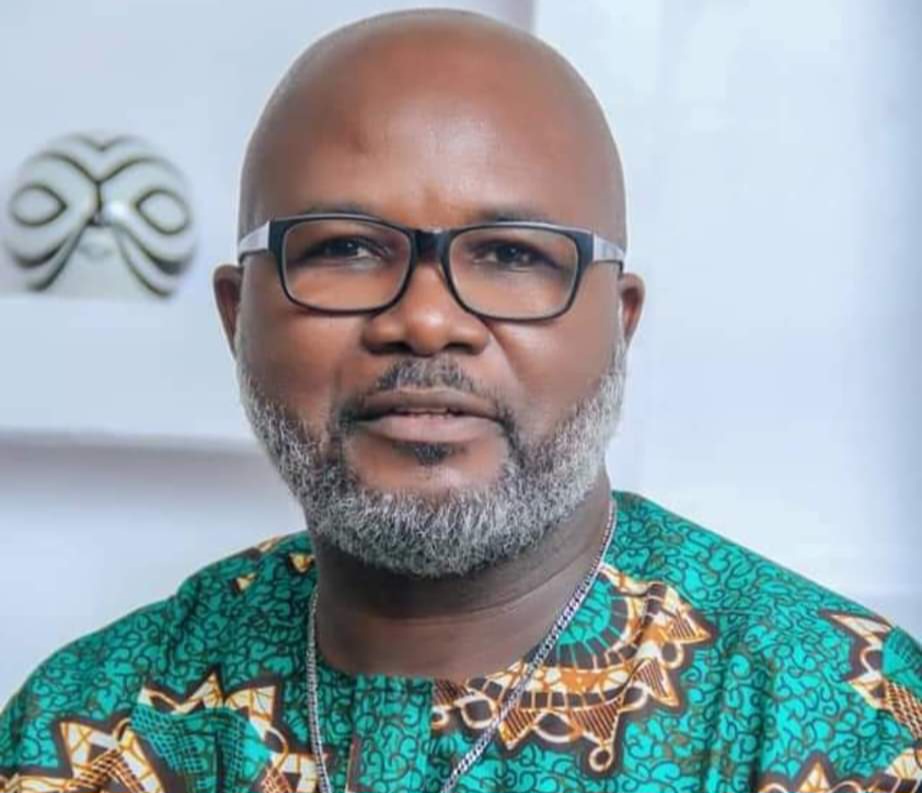Over the years, potentials of youths have been utilized in different capacities to solve different challenges. Countries all over the world have at some point in time harnessed the potentials of their youths in the developmental and integration process of their countries. This is because youths are veritable tools for growth in any country right from the time immemorial. They can be easily trained to achieve whatever purpose a country desires to achieve through leverage on their commitment, virility and dedication.
The concept of youth service program started in the United States in the early 20th century. The then United States President, Franklin Roosevelt, founded a program in 1933 which was targeted at American youths to for the purpose of nation-building during the great depression. The Scheme was called Civilian Conservation Corps (CCC). It can be said that this program was effective during the period it lasted, such that through this program, America was able to build great edifices and create job opportunities.
The Civilian Conservation Corps (CCC) was a voluntary government work relief program that ran from 1933 to 1942 in the United States for the unemployed, unmarried men aged 18–25 and eventually expanded to ages 17–28. The Corps provided them with shelter, clothing, and food, together with a wage of $30 (equivalent to $628 in current dollars) per month ($25 of which had to be sent home to their families).
In Nigeria, the National Youth Service Corps was birthed on May 22, 1973 as a child of necessity at a time when there was a great need to rebuild, restructure and reconcile the country which has been torn apart by civil war. The end of the civil war saw Nigerians enmeshed in ethnic suspicion, unhealthy rivalry, mutual distrust religious bigotry and tribal intolerance. Other problems that plagued the country from the aftermath of the war as a developing nation were poverty, mass illiteracy, shortage of high skilled manpower among others.
The administration of the then Head of State, General Yakubu Gowon (rtd), in his bid to tackle the challenges of post-war era, introduced the process of reconciliation, rehabilitation and reconstruction. It was his determination to also heal the wounds that emanated from the civil war that established the National Youth Service Corps, which was made up of fresh graduates of Nigerian origin below the age of thirty years that were expected to participate in the service Corps with a view to develop common ties among the Nigerian youths, promote national unity and integration and also train the youths in becoming assets towards an egalitarian nation.
The announcement of the establishment of the Corps, whose objective was to ensure that Nigeria remains an indivisible entity that would be focused on sustainable development by General Yakubu Gowon administration, with the promulgation of Decree No 24 of May 22, 1973, was rejected by protests by the undergraduates who felt that dedicating a whole year to the service of their fatherland would be a waste of time, as many of them were eager to secure readily available juicy offer of white-collar jobs upon graduation from their universities.
Despite the protests, and with government’s strong determination of uniting the country, the vision statement was later unanimously accepted by the Nigerian undergraduates and their parents alike.
Since then, the National Youth Service Corps has continued to live up to its expectations and has become the longest standing government organization in the country. The Scheme in the last 50 years of its existence has recorded tremendous achievements through the selfless efforts of successive batches of Corps Members, whose intervention in the health sector through the provision of free medicare during the NYSC Health Initiative For Rural Dwellers (HIRD) programme, participation in national assignments like the general elections, public sensitization on national programmes, Community Development Service delivery through the provision of different projects like schools, borehole water, road construction, bridges, among others in various communities across the country, improvement in the education sector among other contributions to national development cannot be underestimated.
The NYSC Scheme in its proactive bid to ensure the equitable distribution of members of the Service Corps to all the sectors of the economy with the effective utilization of their skills in areas of national need devised the means of posting Corps Members to the four critical areas of the economy namely; rural infrastructure, agriculture, health and education. Their performances over the years have earned the Scheme accolades within and outside the country and an attestation to this is the annual President’s NYSC Honours Award Ceremony, being held at the Presidential Villa, Abuja, where the President and Commander-in-Chief of the Armed Forces of the Federal Republic of Nigeria rewards outstanding performances of some Corps Members with automatic employment into the Federal Civil Service, cash prize and scholarship up to doctorate degree level in any university of their choice within the country.
Similarly, it is no gainsaying that in Nigeria’s electoral process today, the NYSC remains a great contributing factor in the conduct of free, fair and credible elections through the active involvement of Corps Members who serves as unbiased adhoc staff of INEC, the electoral body.
Corps Members have been able to fill the inadequate number of teachers especially in schools in the rural areas across the country, and this has enhanced students’ greater performance in their Senior School Certificate Examinations.
Also, the Health initiative for rural dwellers (HIRD) was launched by the NYSC IN 2014 to contribute to the medical needs of the indigents at the grassroot as a way of complementing government’s effort on health care and improving quality of lives at the rural areas always involve Corps doctors, pharmacists, nurses and other health professionals who help to carry out free medical checkups for ailments. During the medical outreaches, basic tests like malaria test, HIV/AIDS test, dental and eye check-ups are offered freely to the people who would not be able to quickly assess basic medical care. Different items such as mosquito nets, toothpastes and tooth brushes including free eye glasses are being distributed to people during the outreaches by the Corps Medical Personnel.
In fulfilling its mandate, the NYSC also came up with the initiative of a periodic nationwide environmental sanitation exercise, whereby Corps Members come together through their group Community Development Service (CDS) clean market squares, drainages and other important places while also sensitizing the public on the need for personal and community hygiene so as to be free from contracting diseases due to unhygienic environment.
In 2012, the Management of the Scheme introduced Skill Acquisition and Entrepreneurship Development (SAED) programme into its Orientation Course Content in order to provide an antidote to the increasing rate of unemployment among Nigerian graduates. Twelve skill sets were introduced whereby every Corps Member is expected to choose a set from which a vocational skill would be learnt during the Orientation period in camp, while the post-camp training would be used to perfect the skills learnt while in camp.
In taking a step further, NYSC Management went into partnership with Access Bank, Unity Bank, Bank of Industry, Central Bank of Nigeria and other relevant stakeholders of the Scheme so as to give loans to Corps Members with good business proposals to finance their business ideas. Available record shows that thousands of ex-Corps Members in different vocations across the country have established their businesses from the skills they acquired while in camp and they have also been employing other youths in their business outfits thereby contributing to the gross domestic product of the national economy.
The multiplying effect of this NYSC Skill Acquisition programme over the years is record-breaking as it has exposed youths to vocational training and also encouraged them to become business-oriented with value-chain benefits in several production ventures involving the graduate youths.
The NYSC has not rested on its oars but still striving to be more relevant through its partnership with other establishments to implement government policies and programmes such as the involvement of Corps Members as volunteers in sensitizing the masses about the functions of some agencies like the Economic and Financial Crime Commission (EFCC), Independent Corrupt Practices and other Related Offences Commission (ICPC), Federal Road Safety Corps (FRSC), Freedom of Information Act (FOIA) amongst others.
As the Scheme recently celebrated its fiftieth anniversary, there is the need for every stakeholder from the public to private sectors of the economy to render every necessary support for its continuity, so as to make it more relevant in the discharge of its statutory responsibilities and also consolidate on its lofty achievements as it looks forward to more prosperous years ahead.
Olatunji Oluseun works as a Senior Information Officer at the Press and Public Relations Unit of National Youth Service Corps (NYSC ) Oyo State.





